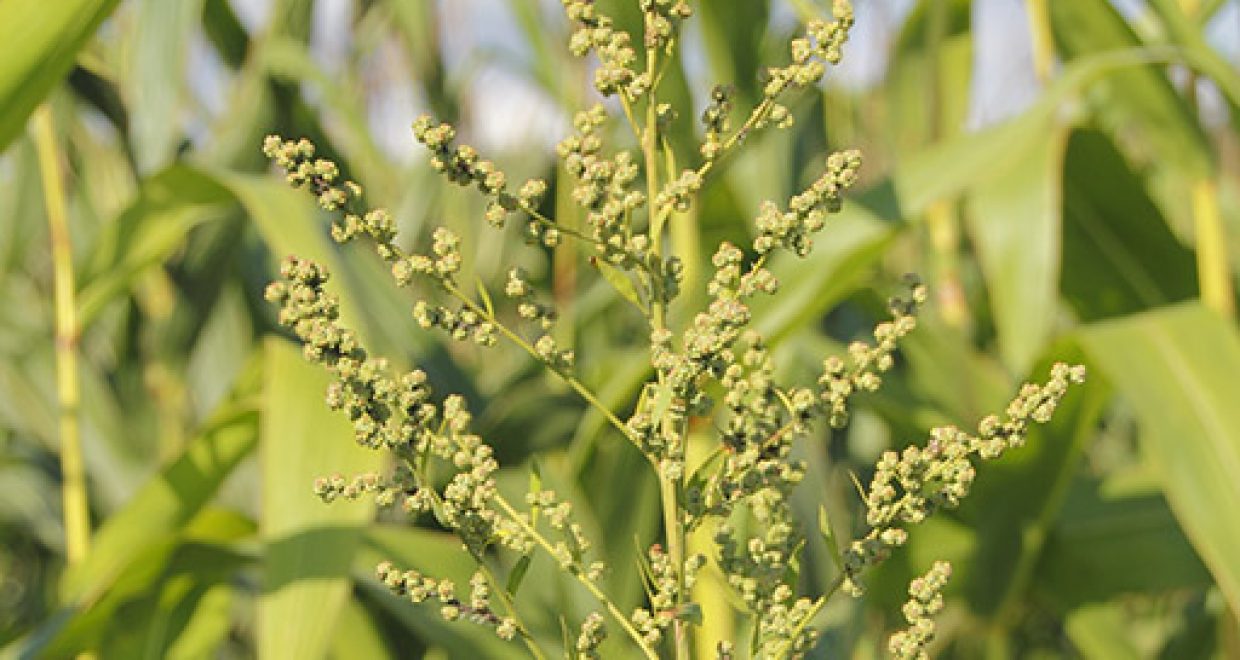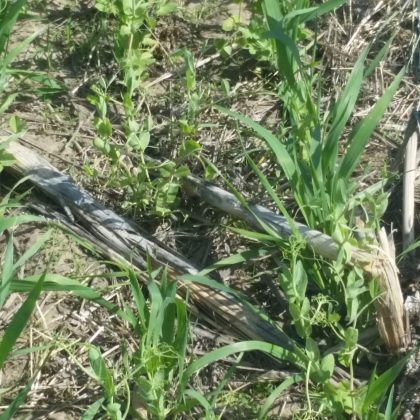Scientists Confirm First Case of Waterhemp With Six-Way Resistance
A study featured in the journal Weed Science is certain to keep many corn and soybean growers up at night. Researchers have identified a waterhemp population in Missouri that is resistant to a record-breaking six herbicide mechanisms of action.
It all started when growers in Randolph County, Missouri, reported a population of waterhemp that appeared to be resistant to 2,4-D. Researchers from the University of Missouri conducted field experiments that confirmed the 2,4-D resistance. But they also found the same waterhemp population was resistant to atrazine, chlorimuron, fomesafen, glyphosate and mesotrione. Of the eight herbicides applied, only dicamba and glufosinate provided acceptable control.
The results are sobering – especially for anyone waiting on the approval of 2,4-D–resistant corn and soybean as a way to manage glyphosate resistance. If we’re already seeing 2,4-D resistance now, what will happen when use of the herbicide becomes even more commonplace?
Researchers say six-way resistant waterhemp demands a diversified approach. Rather than relying on glyphosate, 2,4-D or any other single herbicide, it’s time to focus on a variety of appropriate cultural, mechanical and biological control tactics.
Want to learn more? Read the full text of the article “Investigations of 2,4-D and Multiple Herbicide Resistance in a Missouri Waterhemp (Amaranthus rudis) Population” in Weed Science Vol. 66, Issue 3.





